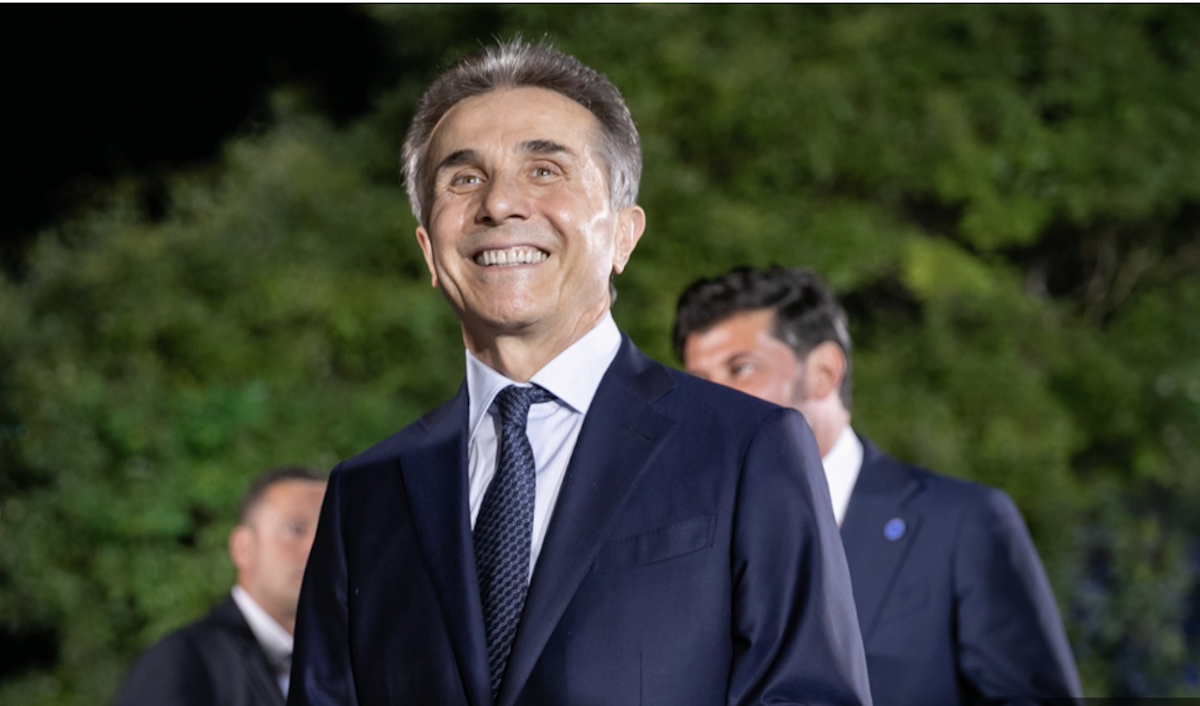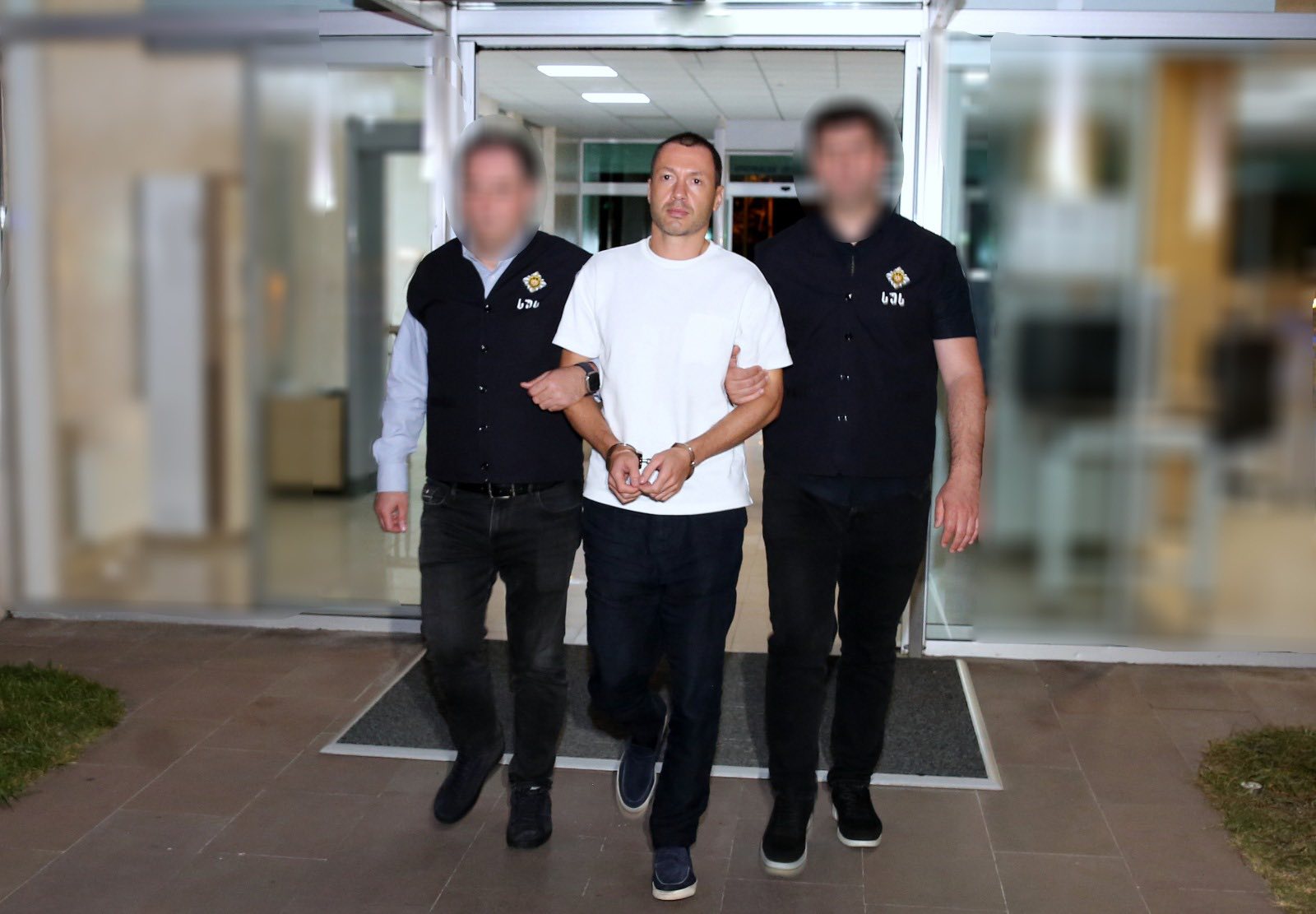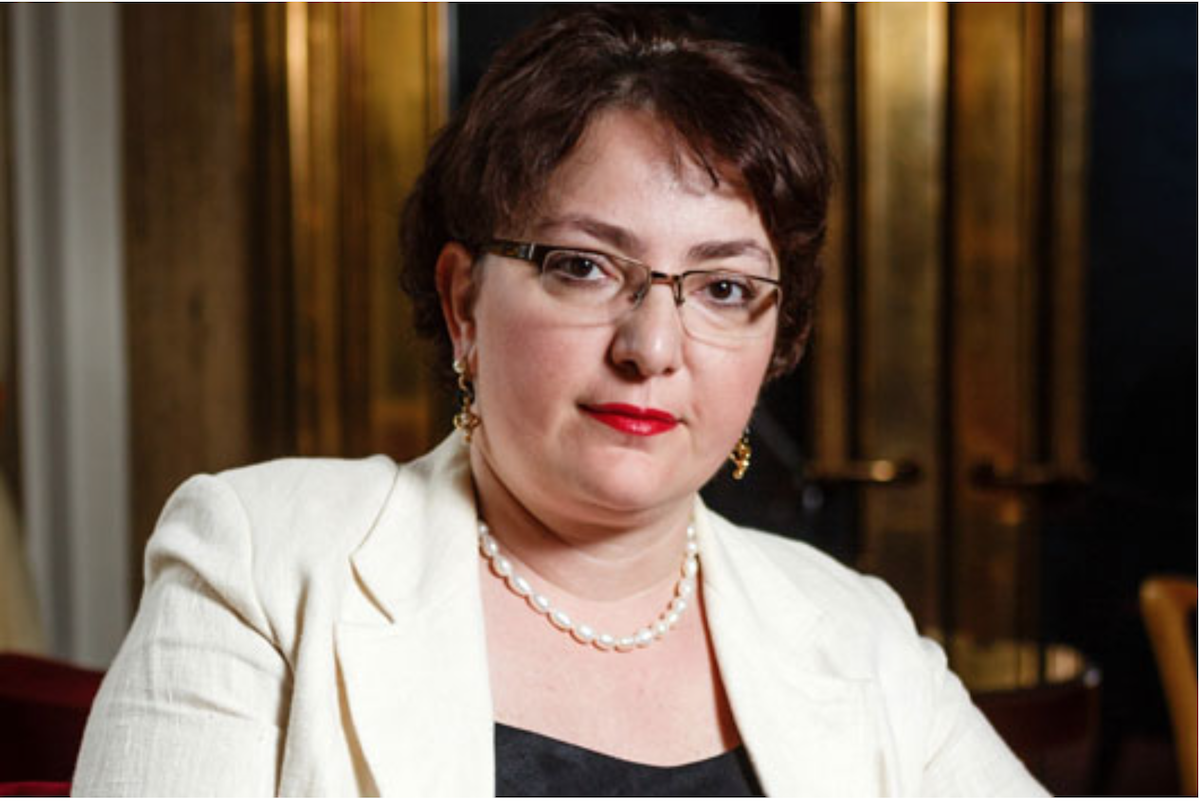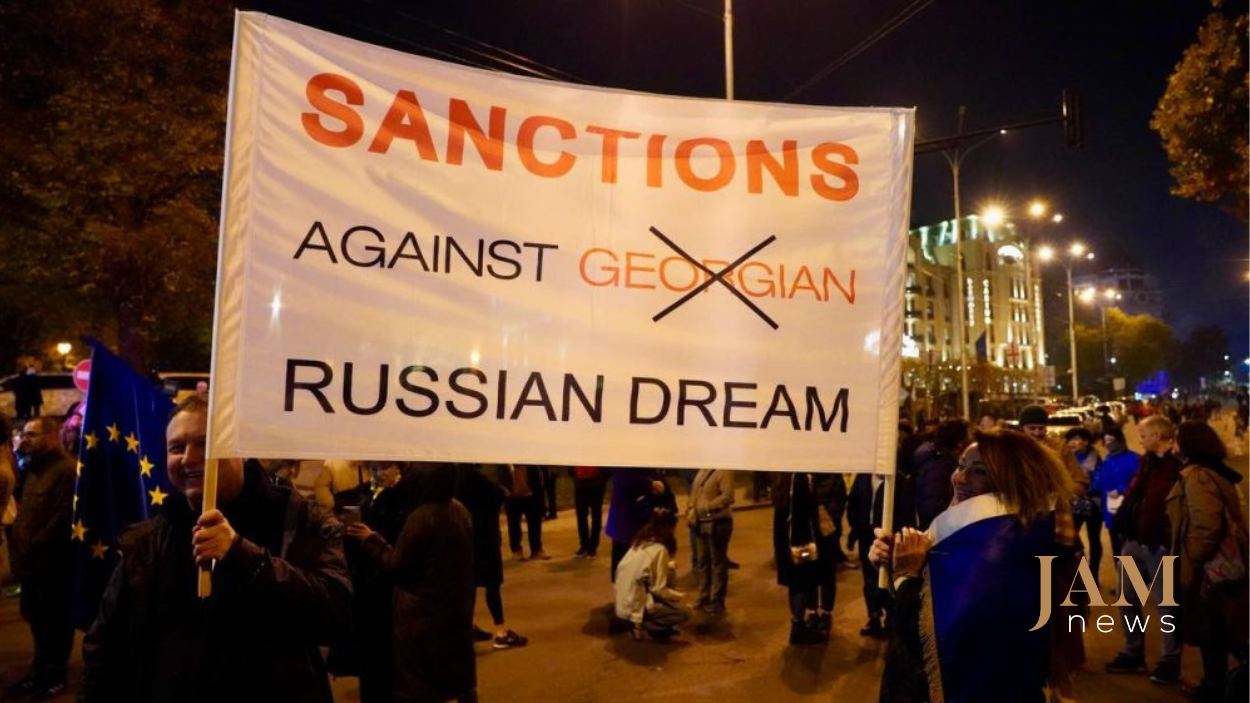Ivanishvili may lose Swiss bank payout due to sanctions
Ivanishvili vs Credit Suisse case
Georgia’s informal ruler, Bidzina Ivanishvili, won a $667 million case against Credit Suisse at the London Court of Appeal. The Swiss bank’s appeal was dismissed, meaning it must pay Ivanishvili, but he is unlikely to receive the funds due to US sanctions.
According to the court ruling, the insurance company breached its contractual obligations and failed to provide proper discretionary management of assets worth around $750 million, leaving in place a compensation award of $607 million.
However, the board rejected Ivanishvili’s claim of fraudulent misrepresentation, ruling that the petition could not be considered due to the statute of limitations under Georgian law.
In a letter published four days earlier, on 20 November, Ivanishvili’s lawyer, Teimuraz Tsikvadze, wrote:
“Bidzina Ivanishvili knows exactly that, regardless of the outcome of the court case — and although we are likely to win the third instance after winning the first two — these funds will not be returned.”
Tsikvadze put forward a theory that the Georgian Dream founder has been persecuted by the “deep state” since 2008. According to this theory, banker Patrice Lescaudron, who worked at Credit Suisse and whom he describes as having robbed Ivanishvili, was recruited by the “deep state” and “was found hanged from a tree in a forest years later.”
“The security services brought the case to a point where, as part of the political persecution of Bidzina Ivanishvili, they completely destroyed the prestige of the Swiss banking system, and at one time pushed Credit Suisse — then the world’s largest bank — to the brink of bankruptcy,” the lawyer said.
The United States imposed financial sanctions on Bidzina Ivanishvili on 27 December 2004. According to the OFAC list, the measures targeting Ivanishvili form part of a broader sanctions package against Russia.
Under these restrictions, all assets owned or controlled by Ivanishvili within the United States, or by US persons, are to be frozen.
In addition, according to OFAC, the suspension of transactions also applies to the transfer of compensation awarded to him in a lawsuit he won in Singapore. It notes that Ivanishvili will be able to receive this amount only with OFAC’s approval.
Notably, on 13 January, 15 members of the UK House of Commons called on the government to impose sanctions against Bidzina Ivanishvili.
According to Transparency International Georgia (TI), if the UK were to introduce sanctions against Ivanishvili and members of his family, almost the entirety of the family’s business empire would fall under financial restrictions, as these companies are ultimately registered in UK offshore jurisdictions — the British Virgin Islands and the Cayman Islands.
Lawyer’s Comment
“If the informal rulers — the so-called deep state — decide to continue their policy of blackmail and pressure, they may resort to British sanctions instead of American ones,” Ivanishvili’s lawyer, Teimuraz Tsikvadze, wrote in a lengthy statement published after Ivanishvili won his case against Credit Suisse.
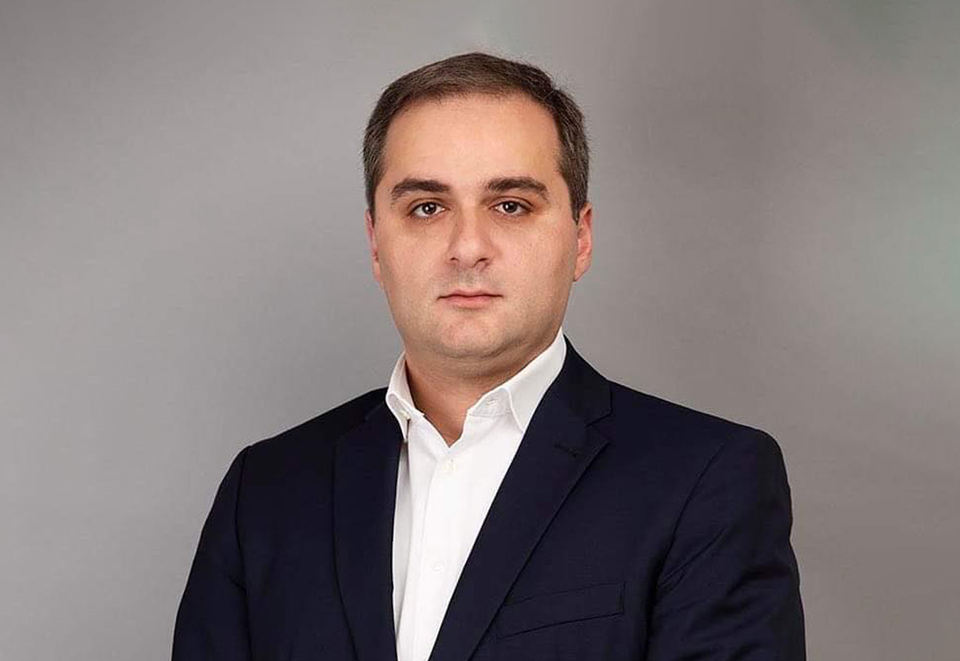
“As expected, the legal dispute launched in the Bermuda Islands between Bidzina Ivanishvili and Credit Suisse — once a flagship of the global banking system — has ended in an unconditional and comprehensive victory for Bidzina Ivanishvili. The court not only upheld the rulings of the two previous instances but also tightened them against Credit Suisse, recognising the bank as having violated financial and moral norms as well as all principles in what was essentially a case of the brazen robbery of an honest client.
No one doubted that Bidzina Ivanishvili would emerge victorious from the London proceedings. The case of his robbery, orchestrated by the informal rulers (the ‘deep state’), is so well-documented that any other outcome would have amounted to rewriting all established legal truths — something that would be unthinkable even for the so-called ‘deep state’.
In this situation, the central issue is not the London court’s ruling but the unjust pressure and blackmail exerted on Bidzina Ivanishvili. As I explained in a letter published a few days ago, Mr Ivanishvili, given the coercion used against him, does not expect the ruling to be enforced, nor that the informal rulers — the deep state — will allow him to access his own assets.
The previous US administration imposed sanctions on Mr Ivanishvili for allegedly advancing ‘Russian interests’ in Georgia, and these sanctions were applied precisely to the funds affected by the London ruling. Formally, everything appears in order — yet the asset remains in the hands of the informal rulers, and this issue will continue to be used for blackmail. Mr Ivanishvili has repeatedly made clear that he will not submit to any form of coercion in exchange for money. Georgia’s national interests will not be traded for any assets.
Moreover, while the so-called sanctions were used as a pretext to freeze Mr Ivanishvili’s own assets, no one has ever specified exactly which Russian interests the founder of Georgia’s ruling party supposedly promoted. At the same time, members of his family — his wife and children — have been denied access to his personal assets in an extremely severe manner. Imposing sanctions on family members on the same absurd grounds would have been far-fetched even for the ‘deep state’, so instead they simply blocked their access to the assets without any reason or explanation.
Given such destructive, unjust and aggressive treatment, Mr Ivanishvili does not expect the court’s decision to be enforced. What is more, those who accused him of serving non-existent Russian interests and sanctioned him on that basis are now sitting at the same table with Russia, discussing plans to end the war. Within a few weeks the United States will likely restore political and economic ties with the Russian Federation — after which the previous administration’s sanctions and the justification for them will look even more absurd.
It is possible that, to resolve this absurd situation, US sanctions on Mr Ivanishvili may indeed be lifted, particularly as the current administration has repeatedly reviewed sanctions imposed as tools of political punishment. But the point is different: if the informal rulers — the deep state — decide to continue their policy of blackmail and arm-twisting, they may resort to British sanctions instead of American ones. These are two hands of the same body, and since rearranging the components does not change the sum, we maintain that as long as this unfair treatment of our government and the founder of the ruling party continues, no legal victory can be truly meaningful.
Finally, regarding the ‘joy’ of the local opposition and its media over the prospect of further sanctions: Mr Ivanishvili has two types of assets abroad. First, the funds awarded by the UK Supreme Court; second, the assets of family members held at the Swiss bank Julius Baer. Both Mr Ivanishvili and his family remain fully restricted in accessing either of them. If they — the informal rulers — could sanction, halt or seize anything more, they would have done so already. Whatever sanctions they may wish to impose will change nothing. Meanwhile, Mr Ivanishvili and his family have stated openly that, despite their severely limited access to these assets, they will continue their political and charitable work and do not expect the funds to be returned.
Therefore, the delight of the ‘rootless agents’ is laughable, and their talk of additional sanctions is nothing more than propaganda fodder for a few hundred radical sectarians,” the letter concludes.
Ivanishvili vs Credit Suisse case










